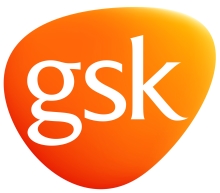London-based GlaxoSmithKline is the product of the 2000 merger of two drug giants: Glaxo—which had its origins in the infant formula business and then jumped to the top ranks of the pharmaceutical industry on the basis of the extraordinarily popular ulcer drug Zantac—and SmithKline Beecham, which was itself the product of a merger of a U.S. and a British drugmaker and had a broader portfolio of drugs, including the competing ulcer medication Tagamet and the ill-fated diabetes drug Avandia.
In recent years, GlaxoSmithKline has become known as the company that pays massive amounts to resolve wide-ranging charges brought by U.S. regulators and prosecutors. These included a $750 million payment relating to the sale of adulterated products from a facility in Puerto Rico and a record $3 billion in connection with charges relating to illegal marketing, suppression of adverse safety research results and overcharging government customers. The company also set a record for the largest tax avoidance settlement with the U.S. Internal Revenue Service.
Product Safety
In 1984 the U.S. Food and Drug Administration (FDA) brought charges under the little used criminal provisions of federal drug laws against what was then known as SmithKline Beckman, alleging that the company failed to warn regulators and the public about potentially lethal side effects associated with its blood pressure medication Selacryn. Several company officials were also charged with misdemeanor offenses. The company later pleaded guilty, and three officials pleaded no contest. The judge in the case ordered SmithKline to give $100,000 to an organization working to prevent child abuse; the officials were each sentenced to five years of probation and 200 hours of community service.

